That concludes first minister's questionspublished at 12:50 BST 5 October 2017
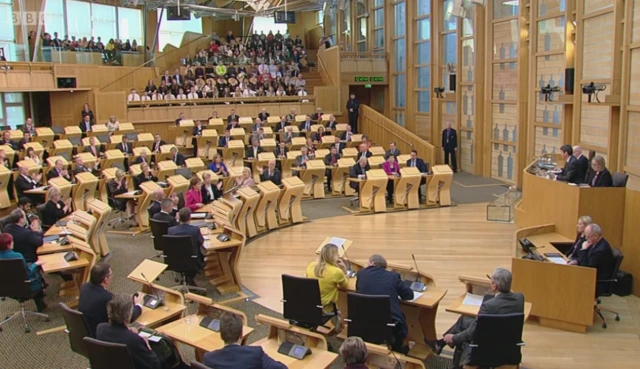
MSPs will now have a fire drill to test the ability of MSPs to evacuate the chamber.
The Social Security Committee takes evidence on the Social Security Bill from charities
Nicola Sturgeon is quizzed by opposition party leaders and MSPs during first minister's questions
Finance Secretary Derek Mackay delivers a ministerial statement on Air Departure Tax
The Scottish government delivers a ministerial statement on Scottish City Region Deals
MSPs debate the Wild Animals in Travelling Circuses Bill before voting on its general principles at decision time
Colin Bell and Craig Hutchison

MSPs will now have a fire drill to test the ability of MSPs to evacuate the chamber.
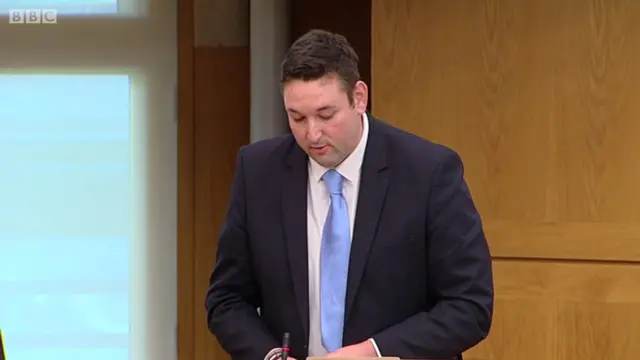 Image source, bbc
Image source, bbcTory MSP Miles Briggs asks what the government's response is to the concerns of frontline nursing staff in Scotland, which have been highlighted in the RCN report Safe and Effective Staffing: Nursing Against the Odds.
The first minister says staff welfare is important and she says the government takes the issues around this seriously.
Ms Sturgeon highlights £40m for 2,600 extra training places.
Mr Briggs says RCN Scotland says we will be 2,800 nurses short
The first minister the increase in people working in the NHS and says the nursing bursary has been kept in Scotland and the government will continue to take a range of actions on workforce issues in the NHS.
She says Brexit will do more damage to NHS staffing levels.
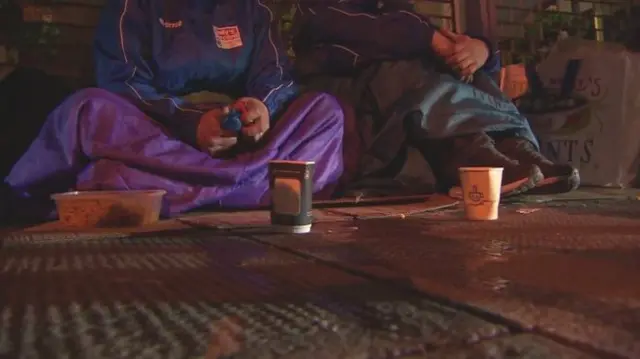
Homelessness in Scotland is predicted to rise by more than 53% in the next 25 years, according to new research.
Analysis by Edinburgh's Heriot-Watt University said the number of rough sleepers would double from 800 to 1,500 if current economic policies continue.
Researchers also forecast the number of people in unsuitable temporary accommodation would rise by a third in the next decade.
The study was commissioned by homelessness charity Crisis.
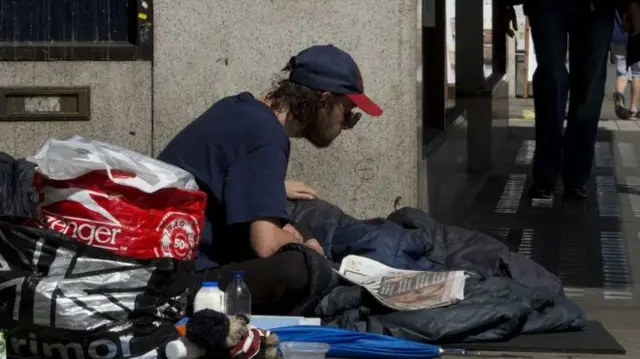 Image source, PA
Image source, PARough sleeping in Britain could increase by more than three quarters in a decade, a homeless charity says.
Crisis claims 16,000 people could be sleeping on the streets, external by 2026 across England, Scotland and Wales, in comparison to 9,100 people in 2016.
The charity warned homelessness would continue rising if current government policies continue unchanged.
The government said it was investing £550 million into tackling homelessness by 2020.
Labour said the figures produced by Crisis were "a national scandal" and a result of "seven years of failure on housing".
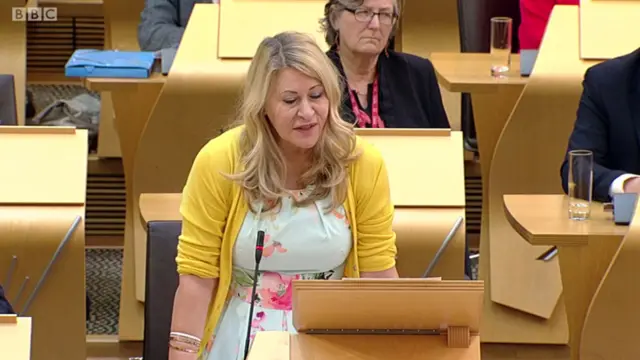
Labour MSP Pauline McNeill asks whether the government will undertake a national audit of the number of people who are rough sleeping.
Ms Sturgeon highlights the recent announcement of £50m ending homelessness and rough sleeping fund.
Ms McNeill says rough sleeping is on the rise.
She calls for a fresh assessment of rough sleeping and calls for a housing led approach to address homelessness.
The first minister says the government is leading from the front on this which is why the fund and expert group were set up.
Ms Sturgeon says the way to tackle rough sleeping is a package of support and she agrees the Housing First model is important.
She says the increase in rough sleeping is very much being driven by welfare cuts.
Allow X content?
This article contains content provided by X. We ask for your permission before anything is loaded, as they may be using cookies and other technologies. You may want to read X’s cookie policy, external and privacy policy, external before accepting. To view this content choose ‘accept and continue’.
Labour MSP Iain Gray says the Scottish government are only this week consulting on how to measure the attainment gap, despite Ms Sturgeon saying two years ago that the gap was her priority.
Ms Sturgeon says the government has introduced standardised assessments which will be a comprehensive, very transparent way to show how individual schools are performing.
She says there is not one single measure that can address the attainment gap by itself.
Jamie McIvor
BBC Scotland education correspondent
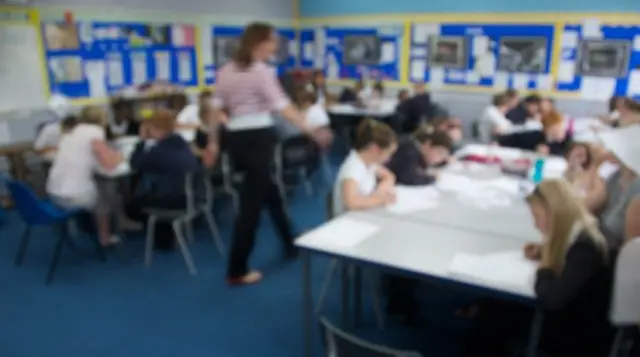
The number of school inspections carried out across Scotland is to increase significantly from next year onwards.
Inspectors will visit 250 schools each year compared to 180 at present.
National agency Education Scotland said this was one of several measures it was taking to better support parents, teachers and head teachers.
More details about the increase in the number of inspections are to be announced later in the year.
Education Scotland said it hoped the move would make it easier to support teachers and head teachers and play a part in raising attainment
Tory MSP Liz Smith asks whether the government will review the school inspection process.
Ms Sturgeon says Education Scotland announced earlier this week a significant increase in school inspections of over 36%.
Ms Smith says last November Education Scotland could not confirm school inspection figures and last week it emerged that historic inspection data had been deleted.
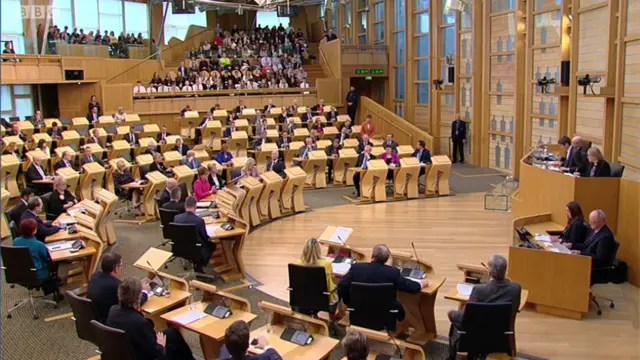 Image source, bbc
Image source, bbcThe Tory MSP says the inspection process should be fully independent of Education Scotland.
Ms Sturgeon says there are risks with going down that route.
She says inspections are for identifying areas that require improvement and ensuring they are made.
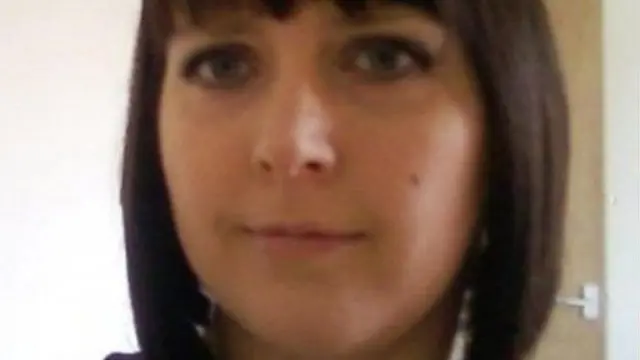 Image source, HANDOUT
Image source, HANDOUTClare Wood did not know her ex-boyfriend had a long history of violence against women
More than 900 people in Scotland have been warned their partner has an abusive past as a result of the "Clare's Law" legislation.
Police Scotland revealed 2,144 requests had been made under the Disclosure Scheme for Domestic Abuse in Scotland.
These led to 927 people being told in the last two years their partner has a previous history of abusive behaviour.
Clare's Law is named after Clare Wood, who was murdered by her ex-boyfriend in Greater Manchester in 2009.
She had been unaware of George Appleton's history of violence against women.
Justice Secretary Michael Matheson praised the scheme's success "in helping safeguard those who have been suffering from, or at risk of domestic abuse".
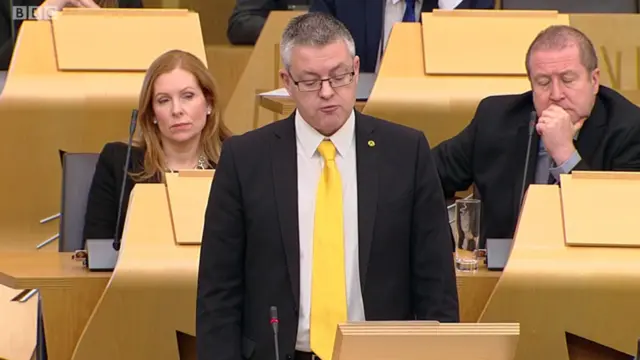 Image source, bbc
Image source, bbcSNP MSP Stuart McMillan asks how the disclosure scheme for domestic abuse, the so-called Clare's Law, has worked during its first year in practice.
Ms Sturgeon says Clare's Law has informed over 900 people of their partner's abusive behaviour in Scotland.
Mr McMillan says raising more awareness of the scheme will help protect more people in Scotland.
The first minister agrees and says the government will continue to work with Police Scotland to ensure people know about Clare's Law.
Allow X content?
This article contains content provided by X. We ask for your permission before anything is loaded, as they may be using cookies and other technologies. You may want to read X’s cookie policy, external and privacy policy, external before accepting. To view this content choose ‘accept and continue’.
Allow X content?
This article contains content provided by X. We ask for your permission before anything is loaded, as they may be using cookies and other technologies. You may want to read X’s cookie policy, external and privacy policy, external before accepting. To view this content choose ‘accept and continue’.
Green MSP John Finnie says the Scottish government last week said it would not provide a specialist environmental court.
Mr Finnnie asks what action the Scottish government will take to address the environmental protections lost by Brexit.
Ms Sturgeon says her government is determined to ensure the "wrong headed" decision to leave the EU will not dilute environmental protections.
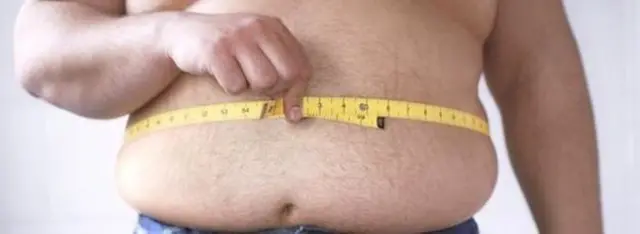 Image source, Science Photo Library
Image source, Science Photo LibraryThe Scottish Health Survey, external attempts to measure the wellbeing of people living in Scotland. What does it reveal about the nation's health?
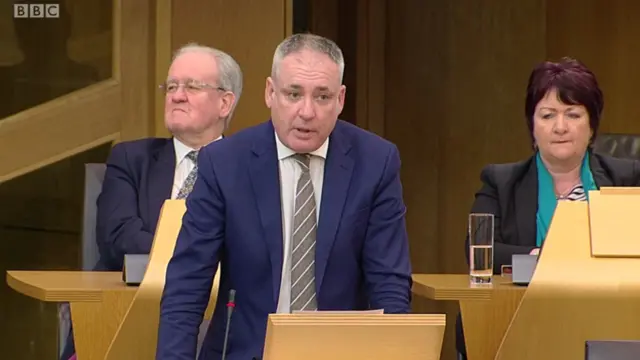 Image source, bbc
Image source, bbcSNP MSP Richard Lochhead says the annual health survey shows Scotland is overweight and not eating enough vegetables.
Mr Lochhead says the forthcoming Food Bill has a strong part to play.
Ms Sturgeon says childhood obesity is declining but is still too high.
The first minister says more ambition must be shown in tackling obesity.
She says limitations will be put on fat and sugar content in the future.
Allow X content?
This article contains content provided by X. We ask for your permission before anything is loaded, as they may be using cookies and other technologies. You may want to read X’s cookie policy, external and privacy policy, external before accepting. To view this content choose ‘accept and continue’.
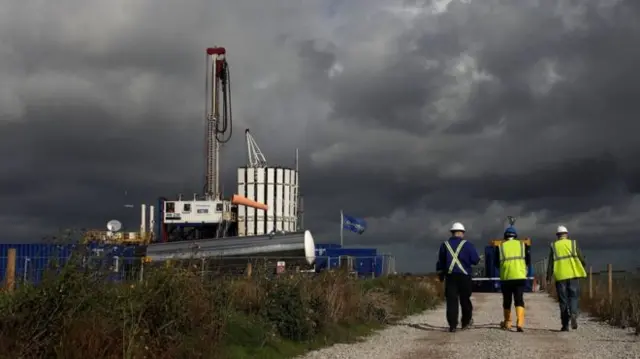 Image source, Getty Images
Image source, Getty ImagesThe decision has drawn praise from environmental groups but criticism from industry
The Scottish government has announced an "effective ban" on fracking.
Energy Minister Paul Wheelhouse told MSPs that the practice "cannot and will not take place in Scotland".
He said an existing moratorium on the technique, which has been in place since 2015, would continue "indefinitely" after a consultation showed "overwhelming" opposition.
The government will seek Holyrood's endorsement for the ban in a vote following the October recess.
But with only the Conservatives now opposed to a ban, the vote is likely to be a formality.
The move was welcomed by environmental groups but has been slammed by Ineos, operators of the huge Grangemouth petrochemical plant, which holds fracking exploration licences across 700 square miles of the country.
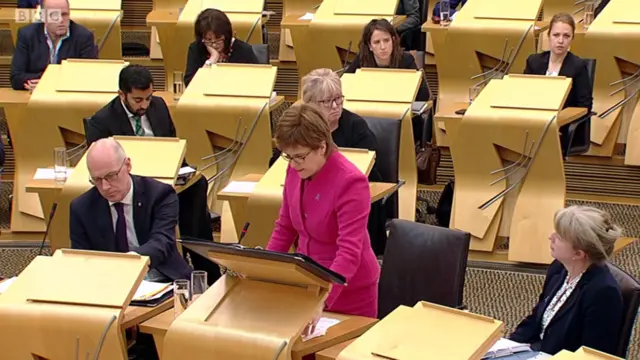 Image source, bbc
Image source, bbcGreen MSP Mark Ruskell says the fracking ban has been welcomed across Scotland.
But Mr Ruskell says this ban is not watertight and calls for it to be put on the same footing as the ban on new nuclear energy in Scotland.
Ms Sturgeon says the ban on new nuclear energy uses planning law as does the ban on fracking.
The first minister says: "Fracking is being banned in Scotland, end of story."
Allow X content?
This article contains content provided by X. We ask for your permission before anything is loaded, as they may be using cookies and other technologies. You may want to read X’s cookie policy, external and privacy policy, external before accepting. To view this content choose ‘accept and continue’.
Scottish Lib Dem leader Willie Rennie raises the issue of Gordon Edwards in West Lothian who had poor mental health and was mistreated.
The teenager from Bathgate in West Lothian revealed in the Herald that he had spent a year trying to get mental health treatment on the NHS for crippling insomnia and hallucinations before eventually turning to A&E when he became suicidal.
Ms Sturgeon says as long as one person feels they are let down by the system this must be addressed.
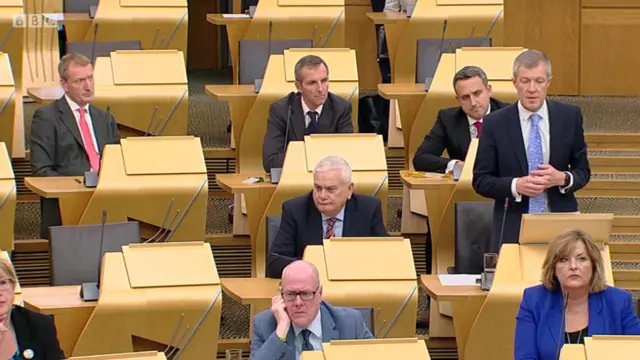 Image source, bbc
Image source, bbcMr Rennie says in Grampian 65% of people have been failed.
He says young people have to be extremely ill to get treated.
The first minister says in 2007 £651m was spent on mental health and now that funding is over £1bn.